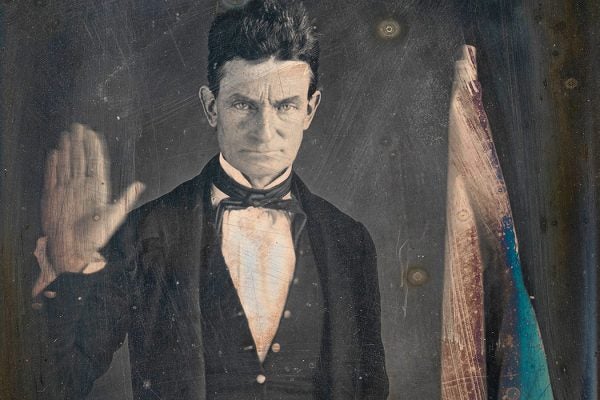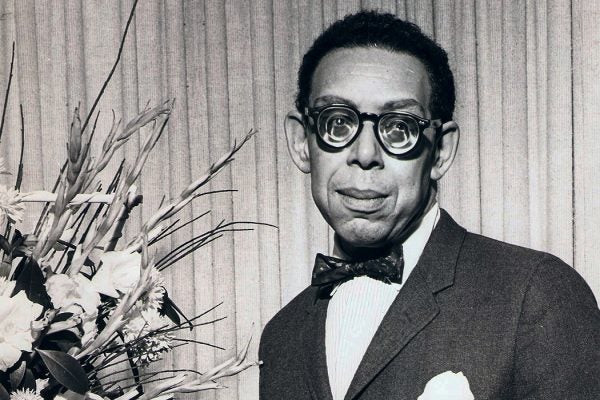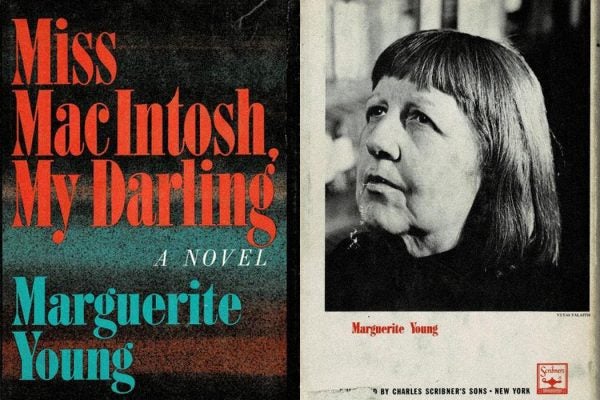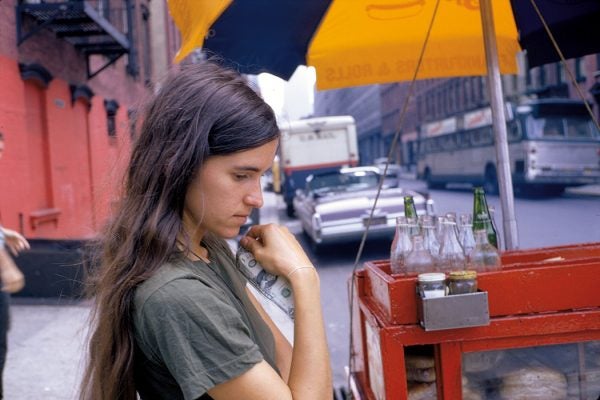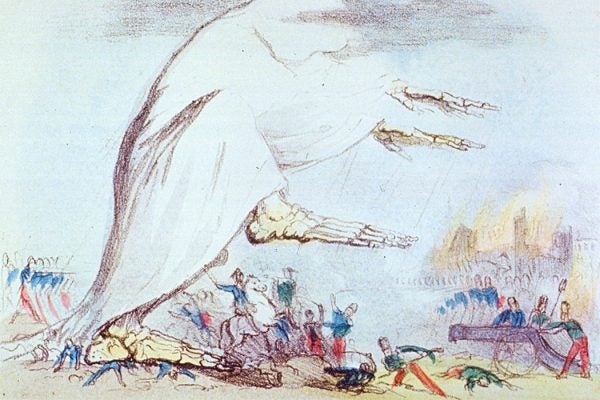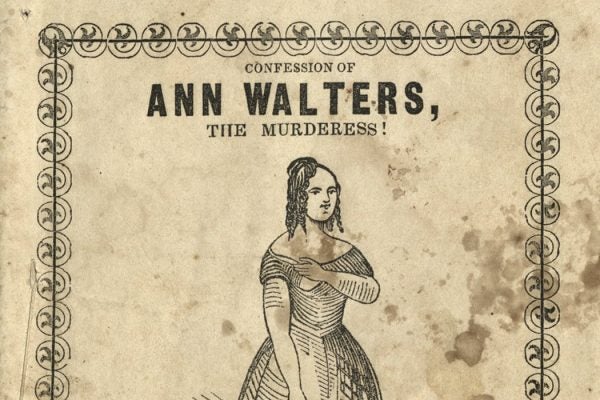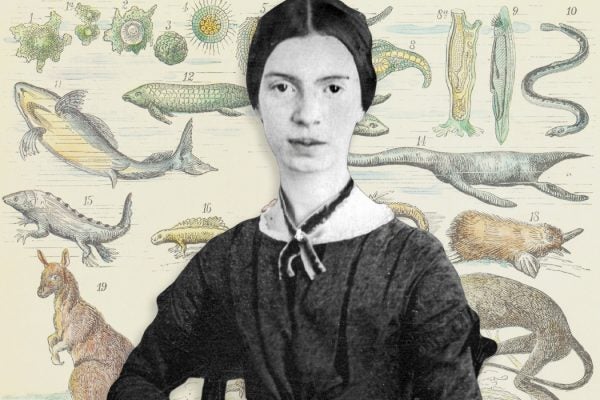America, Lost and Found at Wounded Knee
Stephen Vincent Benét’s lost epic “John Brown’s Body” envisions a nation sutured together after the Civil War, but fails to reckon with the war’s causes.
“Grangerization” Made Beautiful Books Even Better
But the eighteenth-century readerly hobby angered critics, who saw it as a “monstrous practice.”
Robert Hayden’s Relatable Fatigue
There’s a constant attention to the burdens of history in Robert Hayden’s poems. Even amid the beauties of life, the ghosts of the past linger.
Sick of Streaming? Try This Really Long Cult Novel
Marguerite Young's Miss MacIntosh, My Darling is a dense fusion of poetry and prose. One critic says it's unjustifiably forgotten.
Everyday Life, Revisited—with Bernadette Mayer’s Memory
In the poet’s work, the small and ordinary rise to the level of heroic adventures. If we value human life, then we should value what makes up a life.
Disease Theory in Mary Shelley’s The Last Man
Shelley's third novel, about the sole survivor of a global plague, draws on the now-outdated miasma theory of disease.
How “Female Fiends” Challenged Victorian Ideals
At a time when questions about women's rights in marriage roiled society, women readers took to the pages of cheap books about husband-murdering wives.
Boccaccio’s Medicine
In the Decameron of Boccaccio, friends tell one another stories of love to while away the hours of quarantine.
How Emily Dickinson Wrestled with Darwinism
The current vogue for the Amherst poet needs to give credit to the way she readily examined her childhood ideas about fixed and immutable truth.
When Language Goes Viral
How do innocuous words become insidious in the face of a public health emergency?
